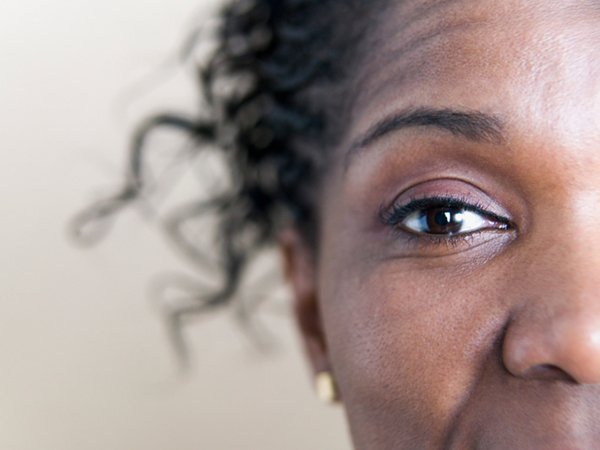Six eye-friendly habits worth adopting
The federal government says 1.13 million (4.2) percent of Nigerians over 40 years old are visually impaired.
Speaking in Abuja at a programme, Okolo Oteri, the coordinator of the national eye health programme at the federal ministry of health and social welfare, said glaucoma is the major cause of irreversible vision across the world and Nigeria in particular.
Oteri spoke in Abuja at the launch of glaucoma guidelines and a toolkit for health professionals.
She said glaucoma is a chronic but treatable condition that requires lifelong treatment.
Advertisement
“The Nigeria blindness and vision impairment survey reported that 0.78 percent of Nigerians of all ages are blind,” she said.
She said glaucoma is the second most common cause of visual impairment, with a prevalence of five percent and accounting for 16.7 percent of the burden of vision loss.
“Only 5.6 percent knew they had the disease in a survey carried out in Nigeria, and 20 percent have already lost their sight,” she said.
Advertisement
“The eye health promotion, blindness prevention, treatment, and rehabilitative needs of patients with glaucoma are not being met in Nigeria.
“Inherent inequalities in access to effective, safe, people-centered, timely, equitable, integrated, and efficient glaucoma services remain a problem.
“This is worsened by socio-economic deprivation leading to a lack of awareness of glaucoma, late presentation, lack of access to eye care services and medications, and poor adherence to treatment and follow-up. Religious and cultural beliefs also enable acceptance of blindness as part of aging.
“Direct and indirect costs associated with seeking care and treatment are also challenges. Inadequate eye care infrastructure and equipment, health system inefficiencies, and bottlenecks might also make patients’ contact with the system complicated and unpleasant. An efficient care pathway is therefore critical for glaucoma.”
Advertisement
Add a comment









